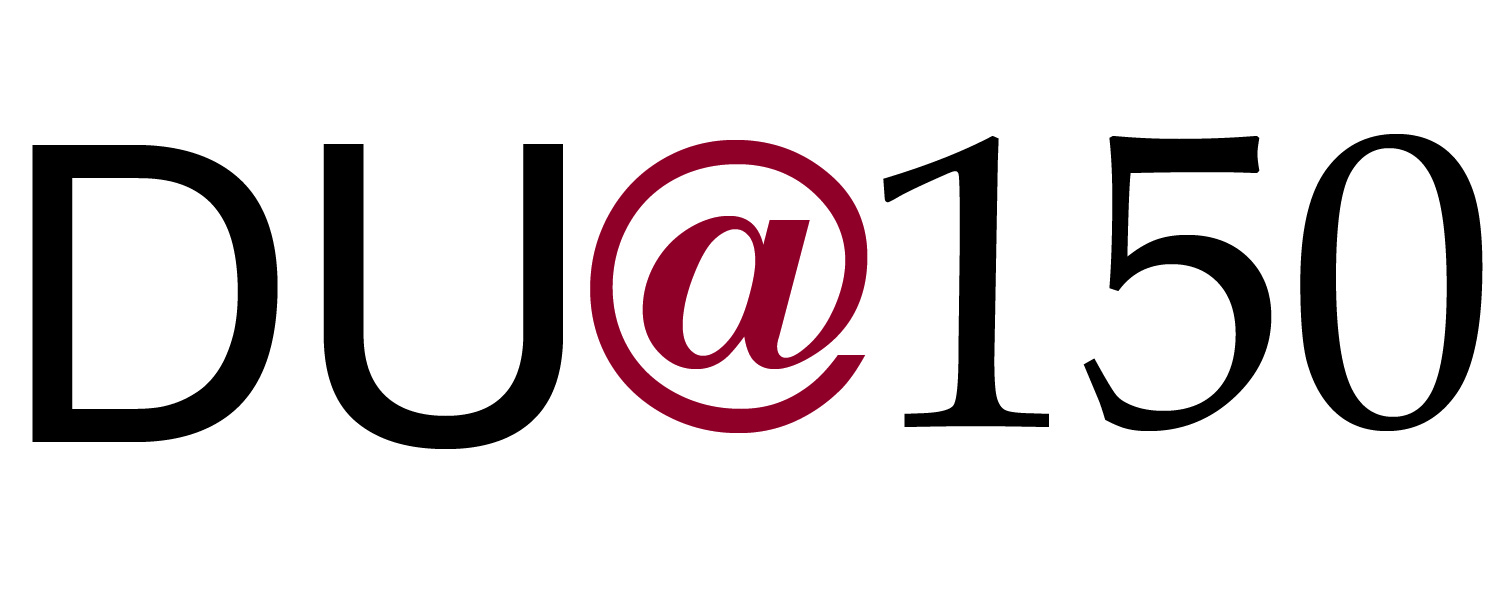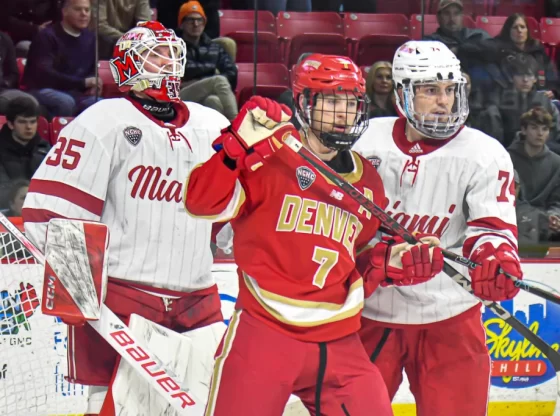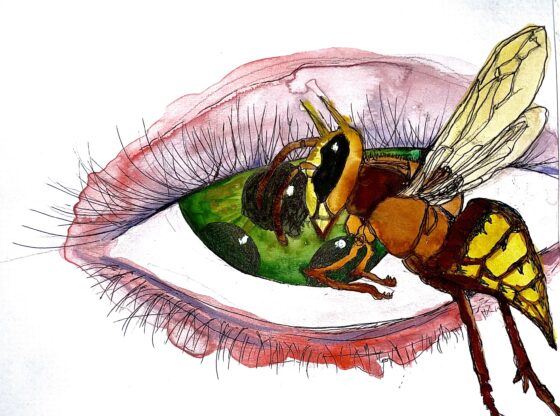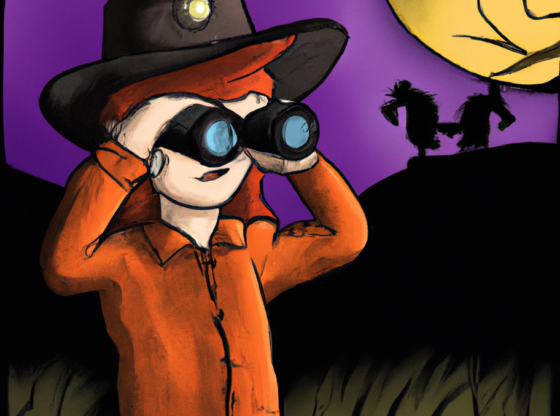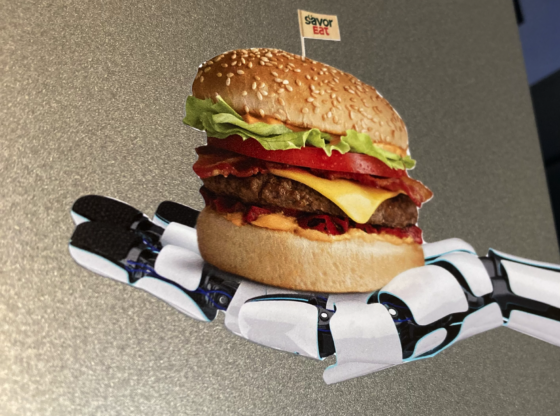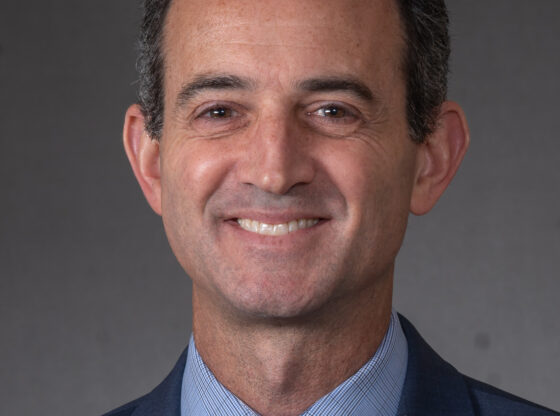When Robert (Bob) Eberlein returned to campus last February as part of a Media, Film and Journalism (MFJS) speaker series, it was a much different campus than the one he left after graduating with a degree in business in 1965.
“The thing I remember most [about DU] was that Daniels was downtown at the time, and there was really no sense of a campus community going on there,” said Eberlein. “It was like going to work every day.”
Though being decentralized from campus, Eberlein says he found his sense of DU community through his work with the DU Clarion and the now-defunct yearbook, the Kynewsibok, also known as the K Book.
“It was a very family-like college atmosphere,” said Eberlein. “That was kind of the center of my college life.”
Although he majored in business, Eberlein had a deep interest in film and photography that he fostered on the side while studying at DU.
“I was always into filming and still photography, and the idea of some form for filmmaking,” said Eberlein. “But I was encouraged to pick a career that was more promising.”
But he continued to take some film and photography courses, as well as work as a photographer for The Clarion and The K Book, and ultimately decided to embrace his passion. After graduation, he chose to attend graduate school at UCLA and receive a Masters of Film Arts.
It would turn out that his time in both disciplines would pay off; Eberlein now owns his own production company for feature films, called ImageStreams.
With his company, Eberlein has been able to work on numerous large-scale production films, including “Winter’s Tale,” “I Am Legend,” “The Great Gatsby” and “Gravity,” and has been nominated for an Emmy several times in his path from commercials and television to today’s work in feature films.
Eberlein has seen some tremendous changes in the industry since his beginning, and it has taken some work to adjust to the field as it is today.
“The technology didn’t change for the first two thirds of my career, and then suddenly digital became a viable way to produce types of projects,” he said. “What was really interesting was making that transition, and digesting it in a way so that you didn’t get lost.”
Based on the lessons of his experiences, Eberlein advises students to be ready to embrace changes and adapt them as effectively as possible to their needs and work.
“There were any number of people in the film business who didn’t get the transition to digital,” he said. “I kind of embraced it a bit and figured you could take the best of everything and try to utilize it in the most useful way.”
One of the most exciting things about the changes Eberlein has seen is that the industry allows students to pursue their passions, as he did, more easily.
“It has progressed to where students at DU can take a camera and go out and film a video, and that’s great,” he said.

